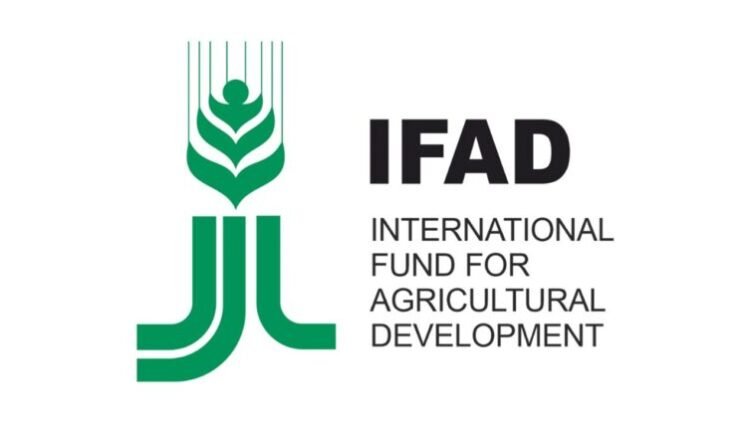IFAD Commits $47 Million to Small-Scale Producers in Sudan on Condition

Port Sudan – Sudanhorizon
The International Fund for Agricultural Development (IFAD) has announced a new grant of $47 million for Sudan, contingent upon the country settling its outstanding arrears to the fund. Meanwhile, the Sudanese government has begun steps to address the overdue payments.
Finance Minister Jibril Ibrahim confirmed that procedures are underway to resolve the arrears, enabling Sudan to secure new financing for small-scale producers in both crop and livestock sectors across the states. During his meeting with Rasha Omar, IFAD’s Country Director for Sudan, alongside the Undersecretary for Planning and the Director General of External Finance at the Ministry complex, he emphasized that the government is focused on building resilience and rural development projects. These aim to boost the productivity of smallholder farmers and livestock producers, enhance women’s productive capacities, and organize them into associations to ease direct access to international finance institutions and organizations—helping them escape poverty while supporting the government’s broader development efforts. He praised IFAD’s continuous engagement in Sudan since the 1970s.
Planning Undersecretary Mohamed Bashar highlighted the importance of continuing IFAD projects to benefit rural communities affected by war, including pastoralists, small-scale farmers, and vulnerable youth and women across nine states: Gezira, Khartoum, River Nile, Kassala, Gedaref, Sennar, and the Kordofan states.
For her part, Rasha Omar noted that her visit to Sudan from September 6–20 aims to strengthen cooperation with the government to enhance resilience and agricultural development, as well as to follow up on Sudan’s arrears settlement. She also pointed to the resumption of the Natural Resources and Livelihoods Program, reviewing its performance improvement plan, ensuring its full operational capacity nationwide, and channeling resources to small-scale producers while building women’s capacities in agricultural production and agro-processing.
She commended the Sudanese government’s efforts to keep IFAD programs running over the past two years despite the country’s challenges, citing promising outcomes such as increased crop productivity, advances in rural community organization, farmer associations’ management of water resources, and the transition of irrigation pumps from diesel to solar power—cutting irrigation costs by 30%.
Rasha expressed optimism that Sudan’s efforts to settle its arrears will pave the way for resuming new projects and attracting additional resources to the agricultural sector, which she described as a cornerstone for poverty reduction and food security in Sudan.
Shortlink: https://sudanhorizon.com/?p=7466

